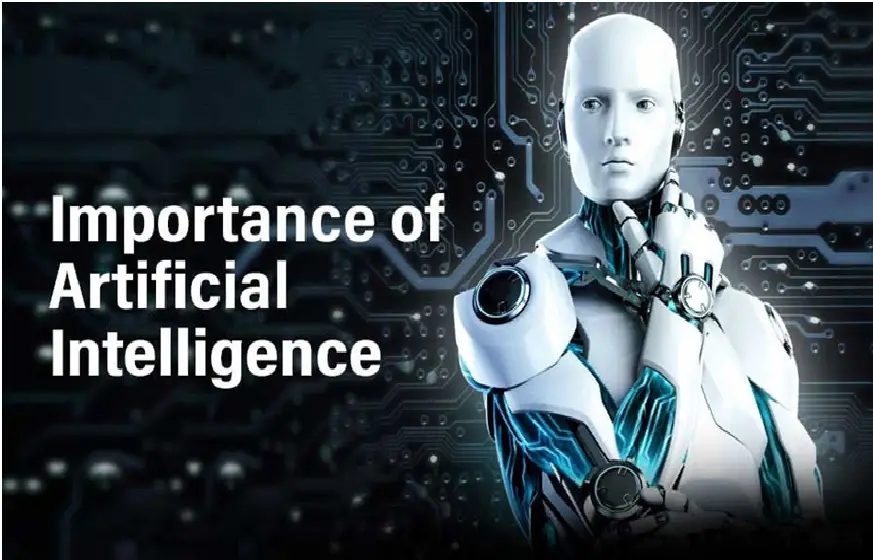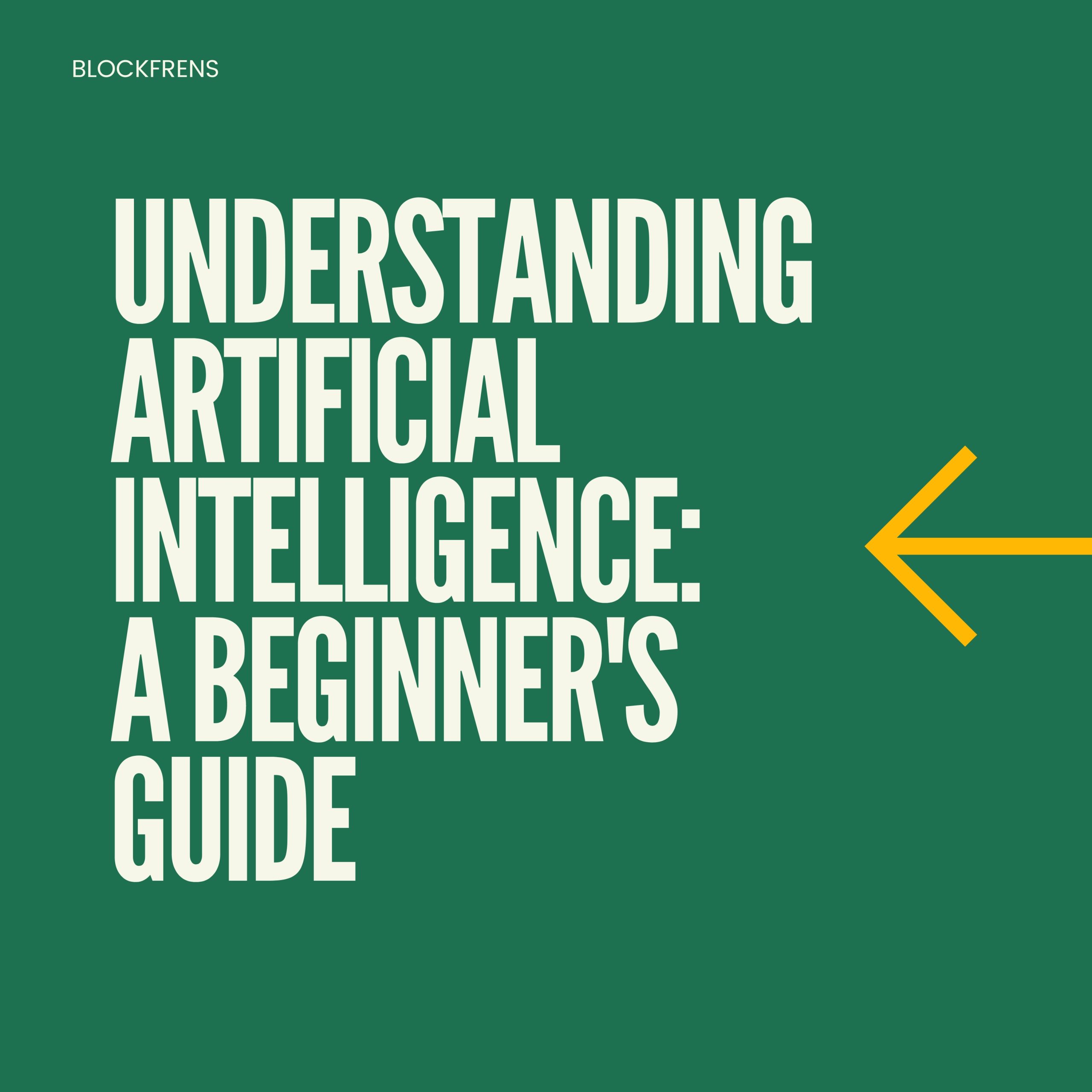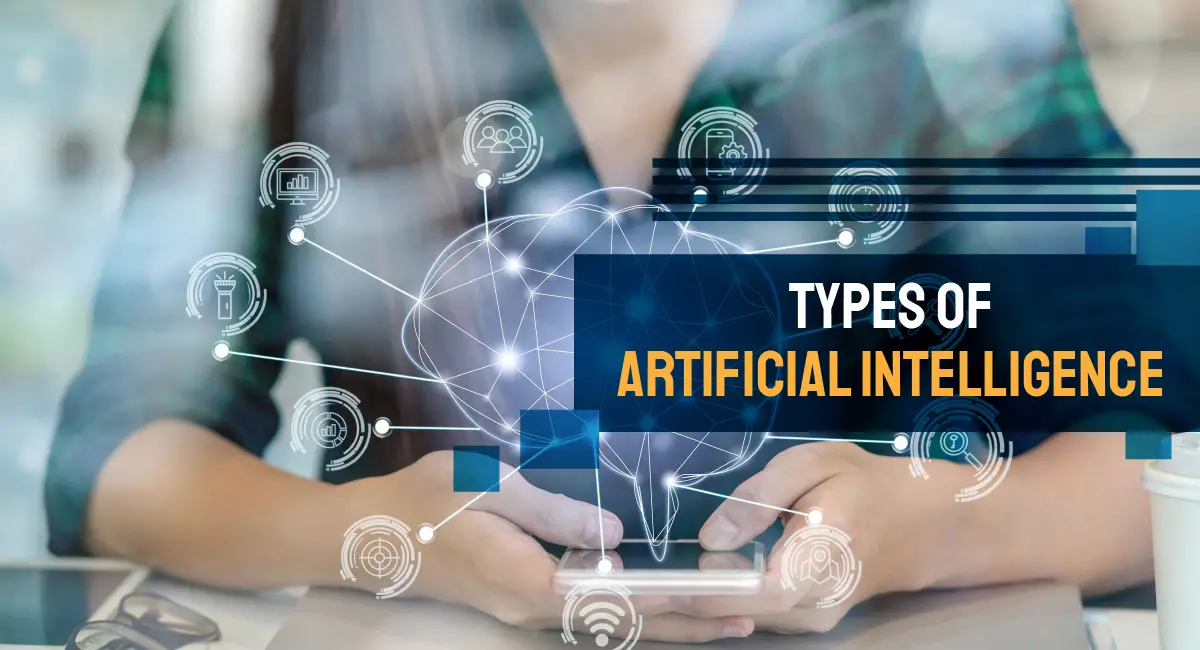Understanding Artificial Intelligence: A Beginner’s Guide

Artificial intelligence (AI) has become a prevalent topic in recent years, transforming various industries and aspects of our lives. From self-driving cars to facial recognition software, AI is making significant strides in automation, data analysis, and decision-making tasks. However, understanding the concept and inner workings of AI can be daunting for those unfamiliar with the field. This beginner’s guide aims to demystify AI, exploring its fundamental principles and applications.

1. Defining Artificial Intelligence:

AI encompasses the capability of machines to perform tasks that traditionally require human intelligence. These tasks may involve problem-solving, learning, planning, and communication. AI systems are designed to process vast amounts of data, identify patterns, and make informed decisions without explicit programming.
2. Types of Artificial Intelligence:
There are two primary types of AI: Weak AI and Strong AI.
Weak AI (Narrow AI) focuses on performing specific tasks or solving particular problems. It is designed to excel in a single domain, such as image recognition, language translation, or game-playing. Weak AI systems lack general intelligence and cannot transfer knowledge from one task to another.
Strong AI (General AI) represents a hypothetical type of AI that possesses human-like intelligence or even surpasses it. Strong AI would have the ability to understand, learn, and apply knowledge across different domains, allowing it to solve complex problems and adapt to new situations just like humans do.
3. Key Concepts of AI:
-
Machine Learning (ML): ML enables AI systems to learn from data without being explicitly programmed. ML algorithms identify patterns, relationships, and insights within data, allowing them to make predictions or decisions.
-
Deep Learning: Deep learning is a specialized branch of ML inspired by the structure and function of the human brain. It utilizes artificial neural networks, composed of multiple layers of interconnected nodes, to extract features from data and make decisions. Deep learning has shown remarkable performance in fields like image and speech recognition.
-
Natural Language Processing (NLP): NLP focuses on enabling computers to understand and communicate with humans using natural language. NLP systems can analyze text, extract meaning, and generate responses in a human-like manner.
4. Applications of Artificial Intelligence:
AI is revolutionizing various sectors, including:
-
Healthcare: AI aids in disease diagnosis, drug discovery, and personalized treatment plans.
-
Finance: AI-powered systems detect fraud, assess risk, and make investment recommendations.
-
Transportation: Self-driving cars and autonomous vehicles improve safety and reduce traffic congestion.
-
Retail: AI-driven shopping assistants offer personalized recommendations, enhance customer service, and optimize inventory management.
-
Manufacturing: AI optimises production processes, improves quality control, and enhances safety in industrial settings.
5. Ethical Considerations:
The rapid advancement of AI raises ethical concerns that require attention:
-
Bias: AI systems can perpetuate existing societal biases, resulting in unfair or discriminatory outcomes.
-
Autonomy and Liability: As AI systems become more autonomous, determining responsibility and liability in the event of accidents or errors becomes crucial.
-
Job Displacement: The automation of tasks by AI may lead to job displacement and economic disparities.
-
Security and Privacy: AI systems must be secure and respect data privacy to prevent misuse and protect sensitive information.
Understanding artificial intelligence provides a foundation for engaging in discussions and making informed decisions about this transformative technology. As AI continues to evolve, it is essential to balance technological advancement with ethical considerations and ensure its responsible and beneficial integration into society.

I found this article to be very informative. It helped me understand the basics of artificial intelligence.
I’m not sure I agree with everything in this article. I think AI is still a long way off from being able to do everything that humans can do.
I’m already familiar with most of the concepts in this article, but I did find the section on machine learning to be helpful.
I don’t think the author of this article really understands AI. They make a lot of claims that I don’t think are supported by the evidence.
This article is so basic, it’s almost insulting. I’m surprised it was even published.
Oh, wow, this article is a real eye-opener. I had no idea that AI could do so much.
I’m not sure what I’m supposed to do with this information. I guess I’ll just go back to playing video games.